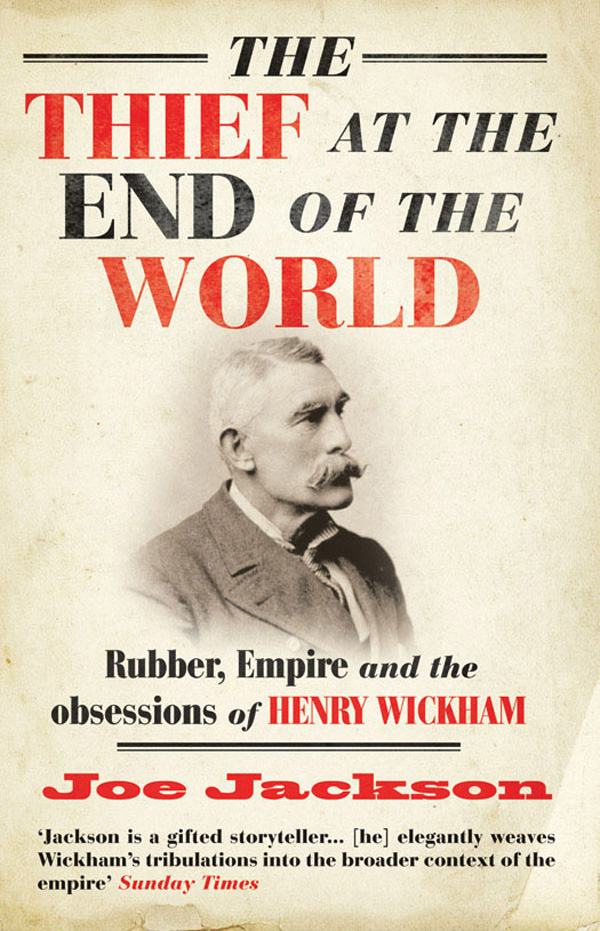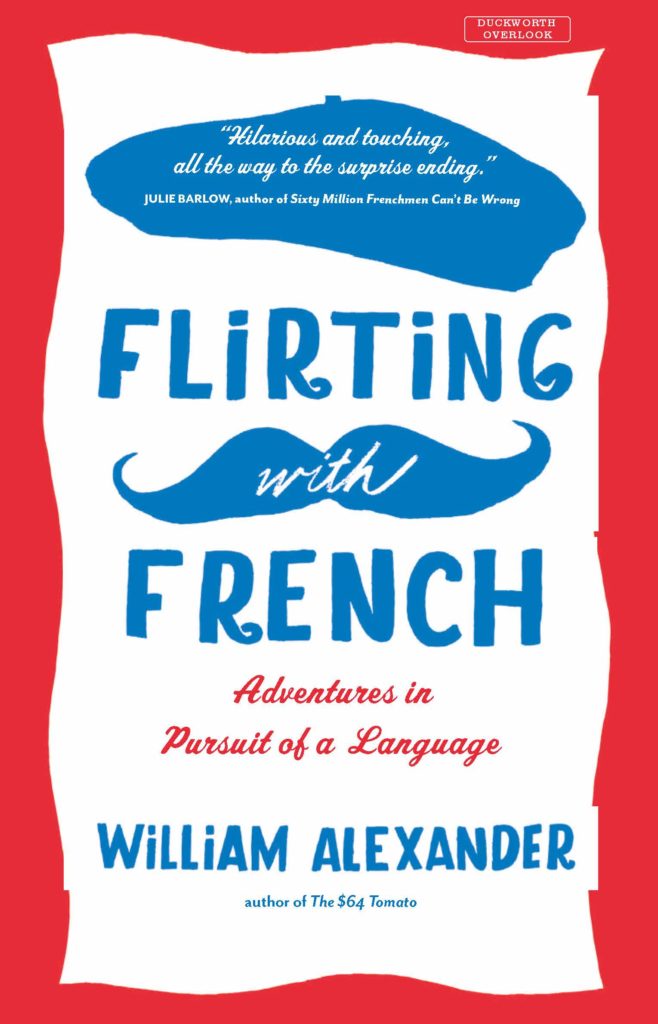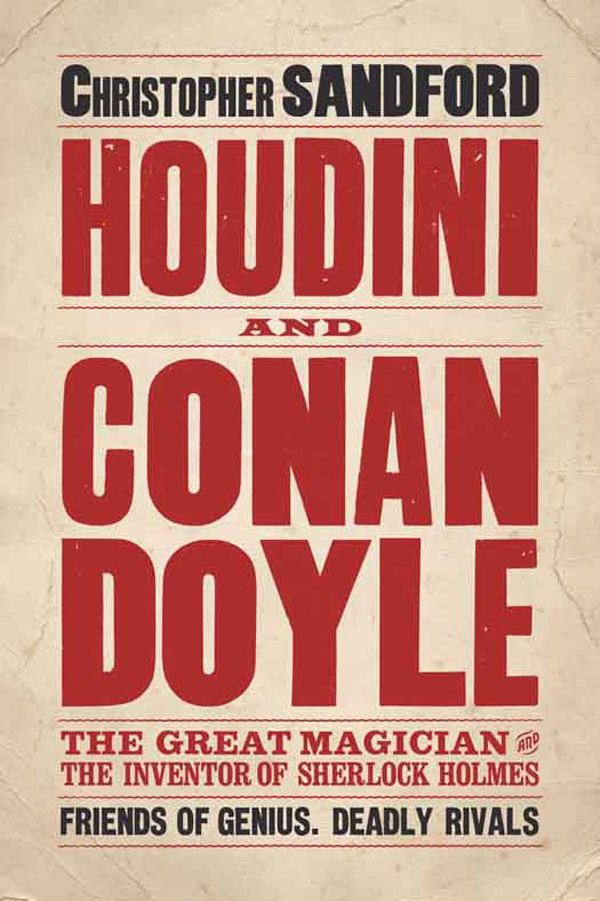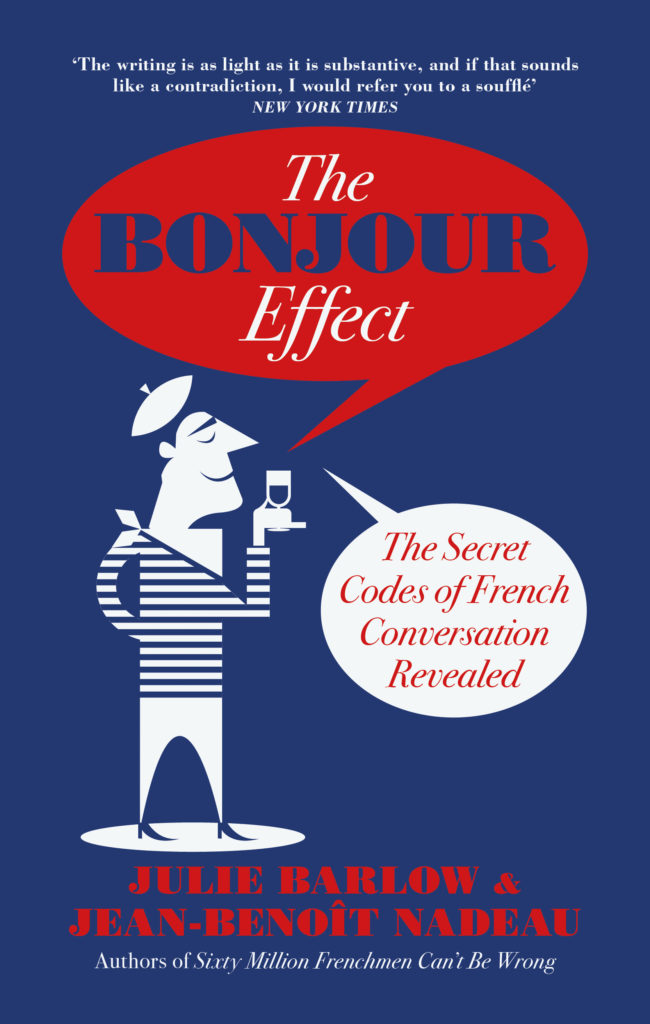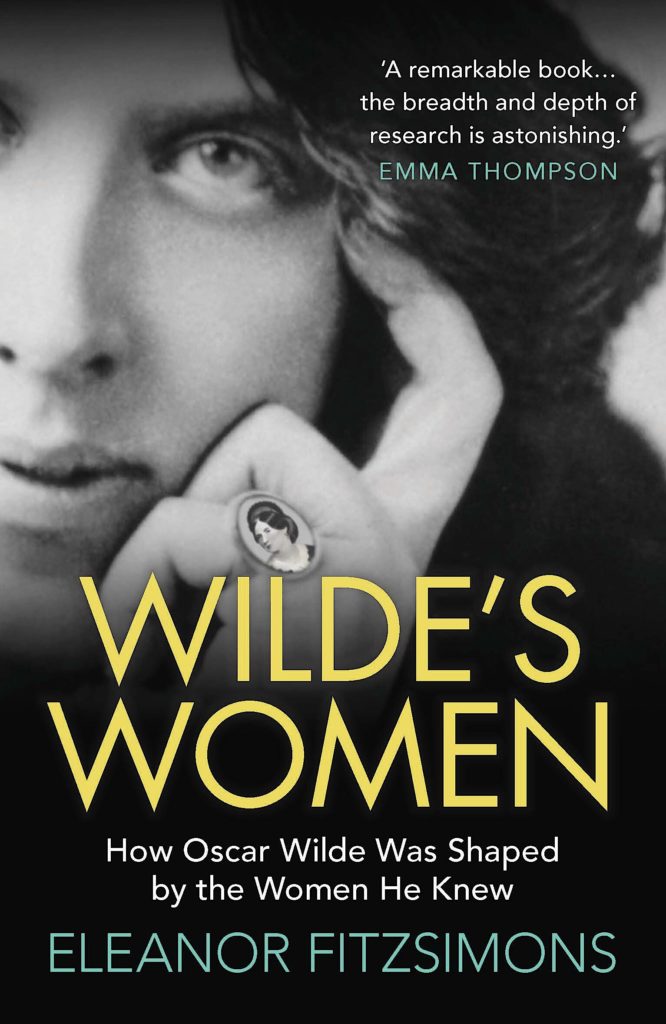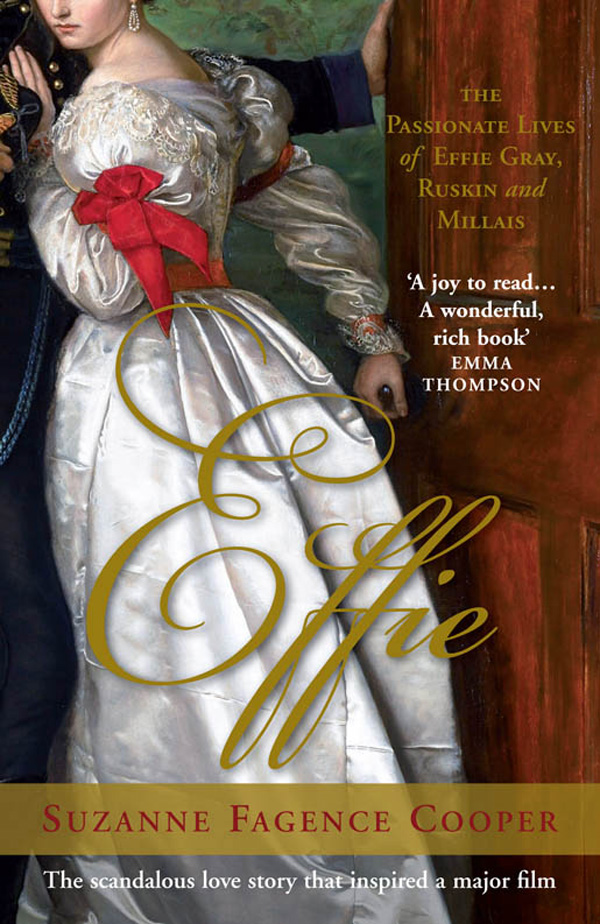
The scandalous love triangle at the heart of the Victorian art world. Effie Gray, a Scottish beauty, was the heroine of a great Victorian love story. Married at nineteen to John Ruskin, she found herself trapped in a loveless and unconsummated union. When her husband invited his protégé John Everett Millais away on holiday, she and Millais fell in love. Effie would inspire some of Millais’s most haunting images, and embody Victorian society’s fears about female sexuality.
Effie risked everything by leaving Ruskin. She hoped to find fulfilment as Millais’s wife, becoming a society hostess and manager of his studio, but controversy and tragedy continued to stalk her. Suzanne Fagence Cooper has gained exclusive access to Effie’s family letters and diaries to reveal the reality behind the scandalous love-triangle. She shows the rise and fall of the Pre-Raphaelite circle from a new perspective, through the eyes of a woman who was intimately involved in the private and public lives of its two greatest figures. Effie’s charm and ambition helped to shape the careers of both her husbands. Effie is a compelling portrait of the extraordinary woman behind some of the most famous Pre-Raphaelite paintings.

